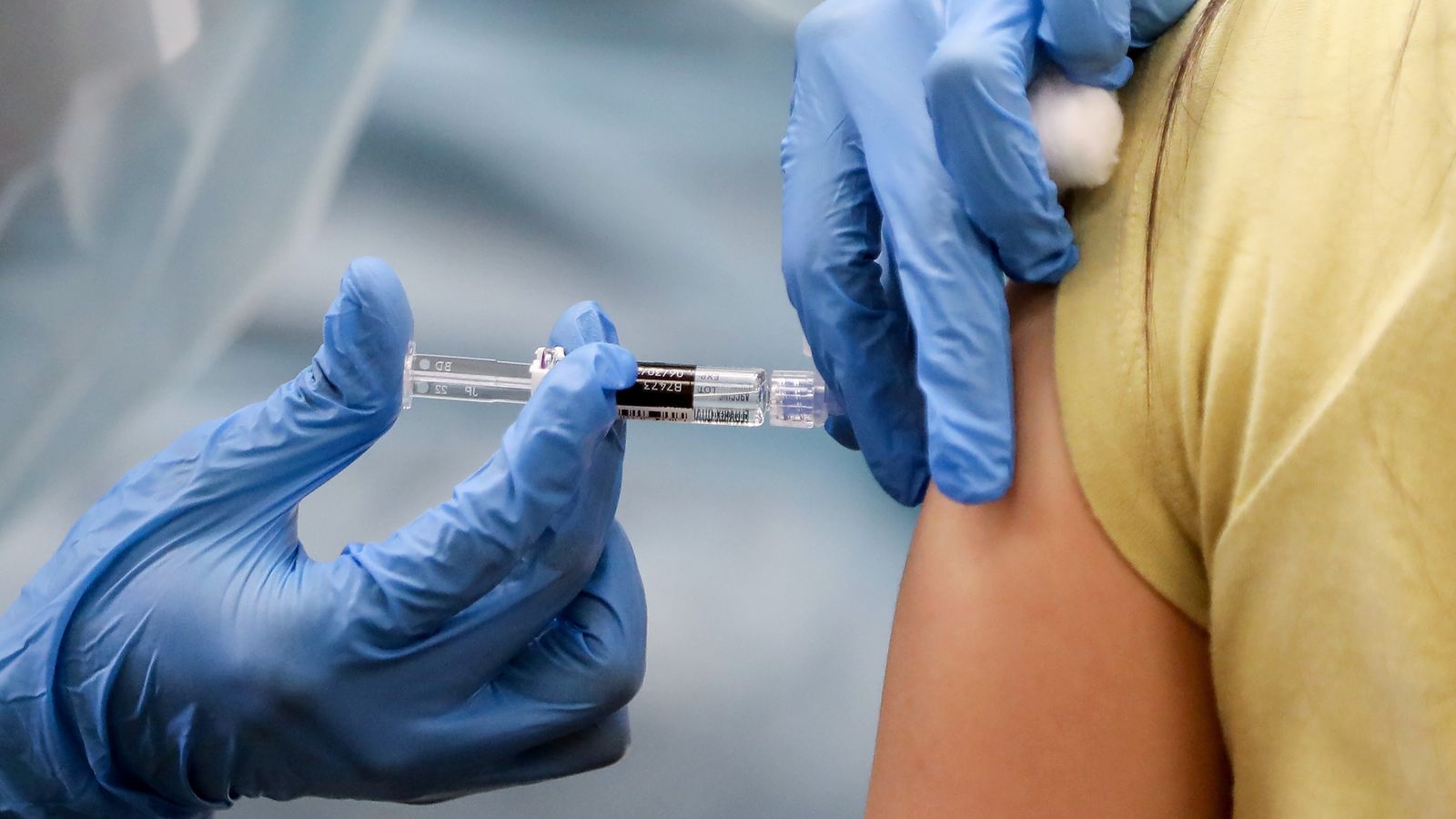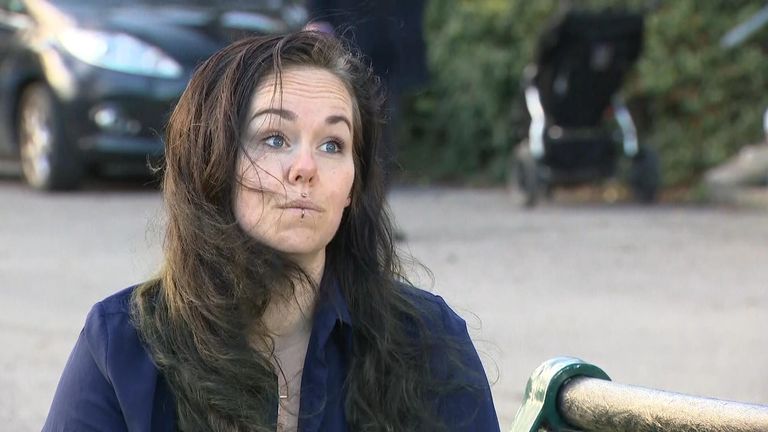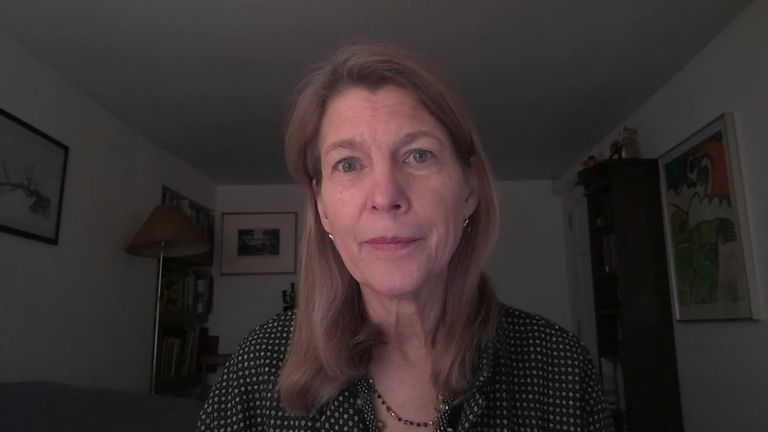The scientific battle to get a vaccine may be nearing the end but there is another fight looming – convincing the public to get inoculated.
For some time experts have been worried about the rising tide of online misinformation and it’s becoming clearer that fake news is fuelling vaccine hesitancy.
A study has found that scare stories in the digital world may prevent uptake to such an extent that herd immunity will be impossible.
The research team, led by Professor Heidi Larson, of the London School of Hygiene and Tropical Medicine, asked 4,000 people whether they’d be willing to take a coronavirus vaccine.
The figures showed 54% of people would be happy to get vaccinated – so far, so good.
But researchers found after people viewed misinformation online that figure dropped by 6.4% to 46.7%.
It’s estimated that for herd immunity to be achieved between 50-80% of the population would need to get a jab – the variance is contingent on how effective the vaccine is in the first place.
The findings are a massive headache for the government for obvious reasons – even if a vaccine is effective, if people are reluctant or refuse to take it, it simply won’t work.
Louise Creffield – who’s an anti-vaxxer and has campaigned against lockdown – says it’s been a busy time with more members joining her Facebook group sceptical about any COVID-19 vaccine.
She told Sky News: “The government have not communicated well, they have changed their minds so many times. They are causing harm. People are suffering through lockdown.”
Vaccines are historically some of the safest and most successful medicines ever invented but in the digital world doubt and conspiracy theories persist.
In Manchester today we randomly stopped members of the public to ask whether they’d be first in the queue to get the coronavirus vaccine and most were hesitant, citing safety concerns.
However, some people believed the vaccine was a Trojan horse that would be used by the government to “cull the population”.
The fact that these ludicrous online theories are gaining traction is hugely worrying.
Professor Larson says more needs to be done to correct the distortions and end the false narratives but she’s under no illusions that changing attitudes in the digital Wild West will be easy.
Professor Larson, director of the vaccine confidence project, told Sky News: “These anti-groups have gotten quite sophisticated. They turn things into questions and see doubt and provoke people to question.
“From a human rights prospective it’s harder to shut down.”
As the vaccine rollout gets closer the information war will only intensify.
What is clear is the government needs to step up its messaging about safety if it is to convince large sections of the public about the benefits of a COVID-19 vaccine and save lives.




